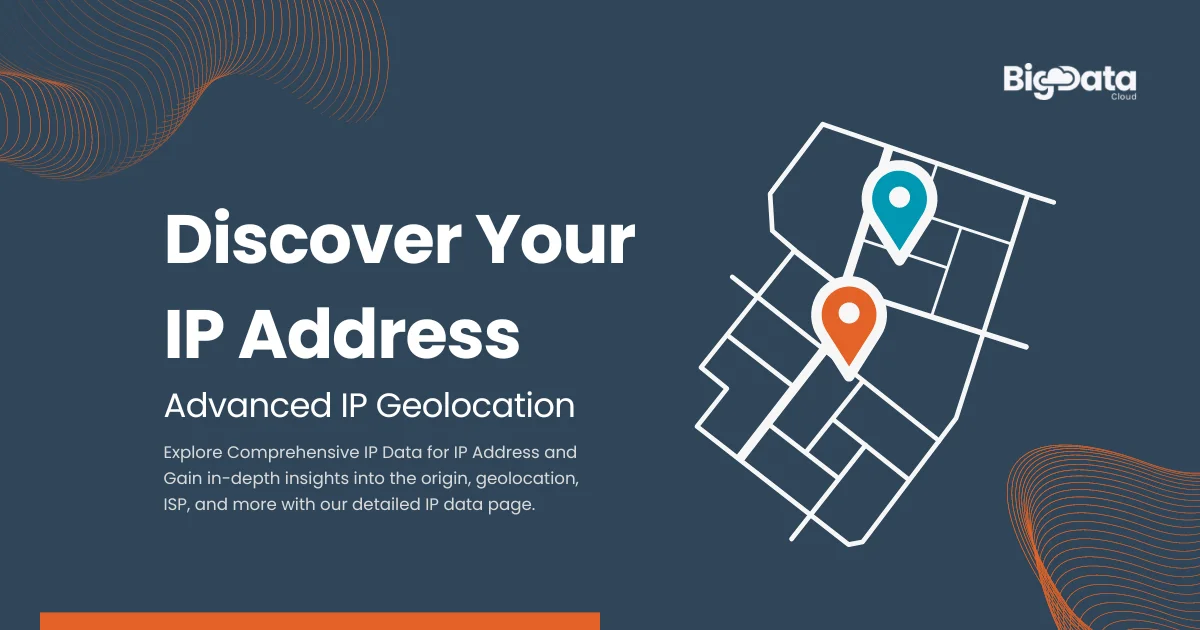📋 Your Complete Guide to Understanding IP Addresses
Everything you need to know about IP addresses - what they are, how they work, how to find your IP, how to change it, and more! Uncover the mysteries
Living our lives online these days, it's more important than ever to understand how the internet actually works behind the scenes. One key component is something called an IP address - but what does it actually mean?
In this comprehensive guide, we'll break down IP addresses and uncover all their secrets. By the end, the mysteries of this numeric online identity will be solved! So grab a beverage and get cozy as we dive deep into the world of Internet Protocol addresses.
What is an IP address?
In simple terms, an IP address is a unique string of numbers assigned to every device connected to a network. Think of it like your home address, but for the online world - it allows your gadgets to be identified and located on the internet.
Without an IP address, your computer, phone or other internet-capable gizmos wouldn't be able to interact with websites, apps or other network users. The addressing system makes communication and data exchange possible.
So in summary, your IP works like a passport that says "this device is from this network". It's how your requests, messages and activities can be properly routed to their destinations.
Finding your IP
Now that we know what an IP address represents, the natural question is - how do you see your own? These days, it's pretty effortless.
Head to cmyip.pages.dev or another IP lookup site. As soon as the page loads, presto - your public IP address will appear in the browser. No mysteries there!
You can also usually uncover your IP by poking around your device's settings. On a computer, check the network or internet options. Cell phones will disclose it within WiFi settings.
What information can be gleaned?
With someone's IP address on hand, you can deduce some basic facts about their online activity. The first being their approximate physical location within a city or region.
Their internet service provider is also exposed. For example, IPs issued by Comcast reveal a user is connecting via that company. Government agencies and certain websites can even correlate addresses to identities.
However, on its own an IP will never display sensitive deets like full names, addresses or financial information. That data resides elsewhere or requires further research to link to a number.
Controlling your online presence
All this bring up the natural concern - can others track or spy on me just from knowing my IP? While general activity monitoring is possible, there are also ways to take control of your online presence.
One simple step is to use a VPN or "Virtual Private Network" service. By routing your internet traffic through their remote servers, your real IP gets cloaked and replaced with the VPN's address instead.
This masks your true location and provider from any observers. Online identity becomes anonymous, perfect for public WiFi hotspots which may otherwise expose your surfing habits.
VPNs are also great for streaming geoblocked content while traveling abroad. Your digital fingerprints get wiped clean with each new server connection. Privacy and unrestricted access in one convenient package.
So in conclusion, now you have the full lowdown on how IP addresses operate. Feel empowered to understand your online footprint and anonymize it as desired. The internet is far less mysterious when its foundation layers are explained.

